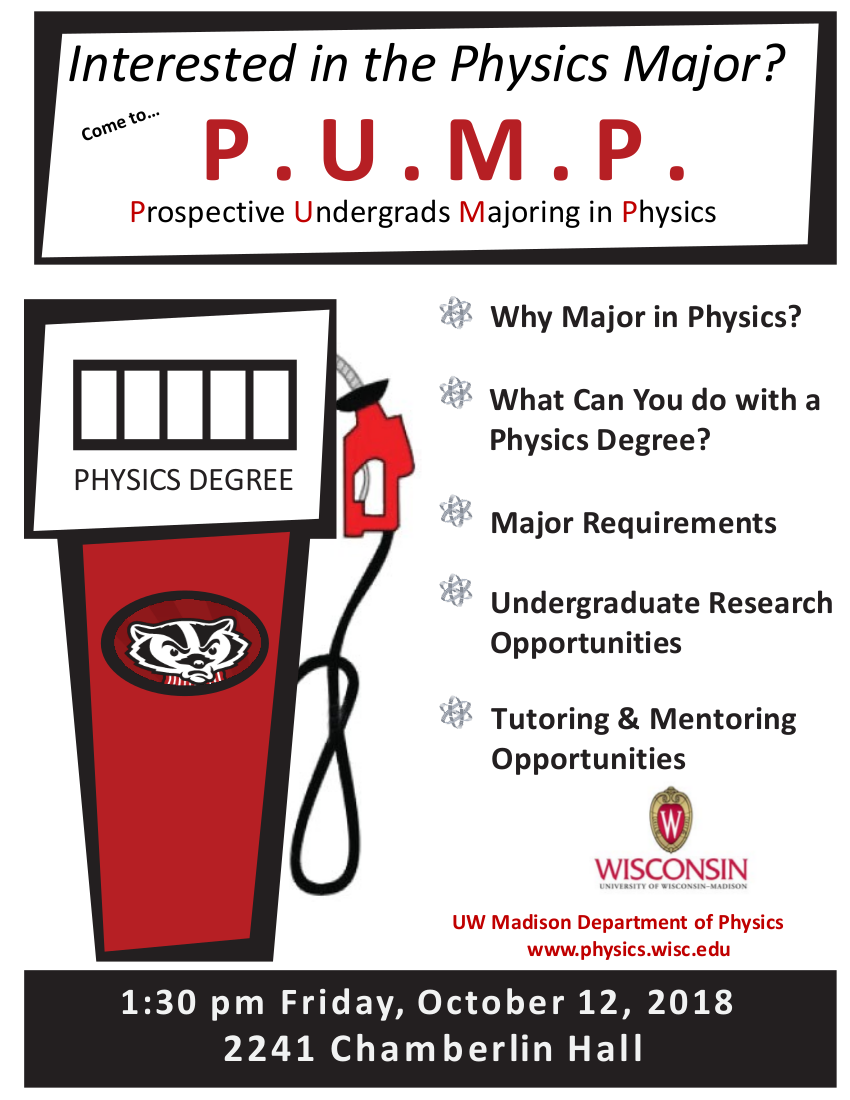The Physics Department lecture demonstration office (one of the largest in the nation) is looking for a fun, energetic, and loyal student with that “creative edge”: someone with a background in the physical sciences or within physics itself, someone interested to learn more about physics, physics demonstrations, and audio/video equipment. Initially for 10 hours per week, with the possibility for more hours. Freshmen are welcome and encouraged to apply. Work-study are welcome to apply. Work trial period of one semester, with the possibility of continuation throughout the summer and into following year(s).
Job Requirements:
- Some general physics knowledge is a plus.
- Have a desire to learn more about physics and audio-visual equipment
- Must have a working knowledge of hand tools and/or willing to learn
- Be able to listen and follow instructions, but also present alternative solutions to problems.
- Be able to work both independently and as a team.
- Having the ablity to work during most of the summer months, big Plus!
- Having the ablity to work most Fridays from 3pm-4:30pm, big plus!
- Working knowledge of Arduino, Raspberry Pi, and other microcontrollers would be awesome.
- Able to lift and move equipment (50lbs)
Job Duties include, but are not limited to, the following:
- Assist in the digitally record our weekly departmental colloquia on Friday afternoons and other lectures, and digital editing.
- Assist with the physics museum, tours, and our annual physics demo shows.
- Assist with researching and archiving of lecture demonstration equipment, including making and repairing equipment, fixing cabinets, data entry, labeling, and much more.
- Assist with audio/video maintenance, including pulling wire, testing cables, making cable, installing equipment, labeling, and troubleshooting.
- Assist with various odd jobs, cleaning whiteboards, hanging things, fixing broken items, woodworking such as sanding, painting and varnishing.
Please submit to Steve Narf (Room 2237 Chamberlin) or Jim Reardon (Room 2320g Chamberlin):
- Cover letter expressing interest in this job
- Resume & Skills
- Reference –
